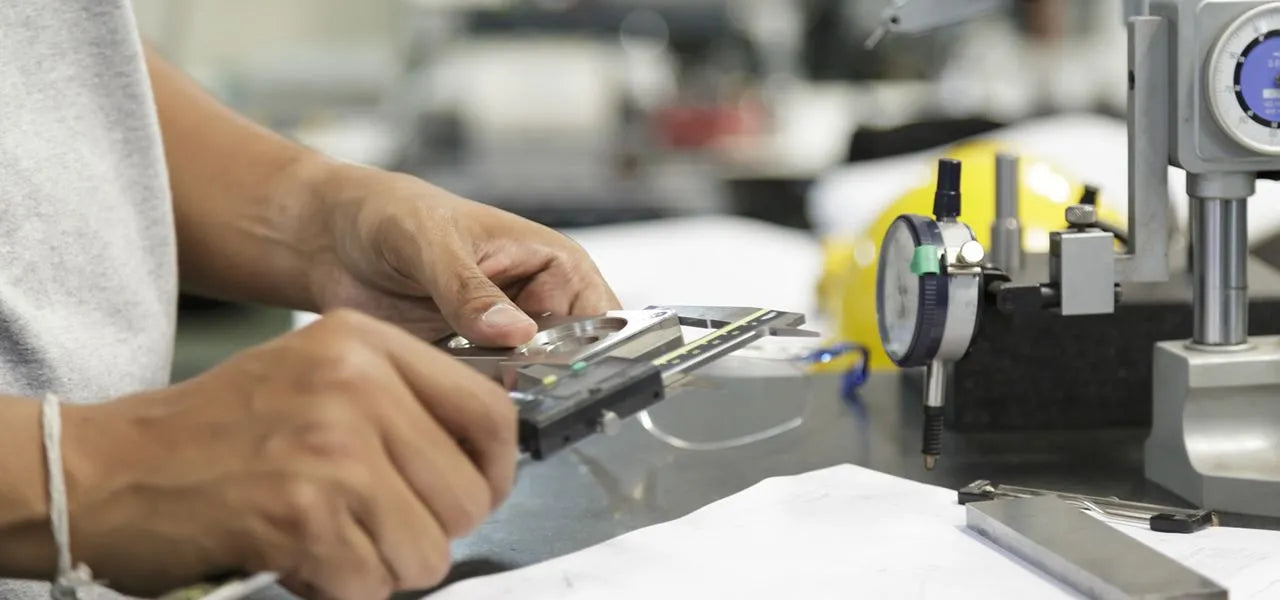
The Technician’s Role in Calibration
Calibration is a critical process in various industries, ensuring that instruments and equipment are accurate and reliable. While calibration may seem like a straightforward task, it requires the expertise of skilled technicians who play a crucial role in maintaining the integrity of measurements. In this blog post, we will explore the technician's role in calibration and the importance of their contributions.
What is Calibration?
Before delving into the technician's role, it's essential to understand what calibration entails. Calibration is the process of comparing the measurements of an instrument or equipment to a known standard to determine its accuracy. It involves making adjustments to bring the instrument's readings within an acceptable range, ensuring reliable and consistent results.
Technician's Expertise
Technicians are highly trained professionals who possess the knowledge and skills required to perform accurate and precise calibrations. They undergo extensive training to understand the principles of measurement, calibration procedures, and the use of calibration equipment. Their expertise allows them to identify and rectify any errors or deviations in the instrument's readings.
Calibration Procedures
Technicians follow specific calibration procedures to ensure the accuracy of instruments. These procedures involve a series of steps that include cleaning, adjusting, and verifying the instrument's performance. Technicians meticulously follow these procedures, adhering to industry standards and guidelines to maintain the highest level of accuracy.
Equipment and Tools
Technicians work with a wide range of sophisticated equipment and tools to perform calibrations. These include precision measurement devices, calibration standards, and software applications. They are proficient in using these tools to measure, analyze, and adjust instruments, guaranteeing their accuracy and reliability.
Documentation and Traceability
One of the technician's essential responsibilities is to maintain accurate documentation of calibration activities. They record all calibration results, adjustments made, and any deviations encountered during the process. This documentation ensures traceability, allowing for the tracking of calibration history and providing evidence of compliance with quality standards and regulations.
Quality Assurance
Technicians play a vital role in quality assurance by ensuring that instruments and equipment meet the required standards. Through their expertise and attention to detail, they contribute to the overall quality control processes within an organization. By performing regular calibrations, technicians help prevent inaccuracies, reduce measurement errors, and improve the reliability of data.
Continuous Improvement
Technicians are continuously seeking opportunities for improvement in calibration processes. They stay updated with the latest advancements in technology, industry standards, and best practices. By implementing improvements and adopting new techniques, technicians contribute to the overall efficiency and effectiveness of calibration procedures.
The Importance of Technicians
Technicians are the backbone of calibration, ensuring the accuracy and reliability of measurements. Their expertise, attention to detail, and commitment to quality play a crucial role in maintaining the integrity of instruments and equipment. Without skilled technicians, the calibration process would be incomplete, leading to inaccurate measurements and potential risks in various industries.
In conclusion, technicians are essential in the calibration process. Their expertise, adherence to procedures, and attention to detail contribute to the accuracy and reliability of instruments and equipment. By understanding the technician's role, we can appreciate the importance of their contributions in maintaining the integrity of measurements and ensuring quality in various industries.
